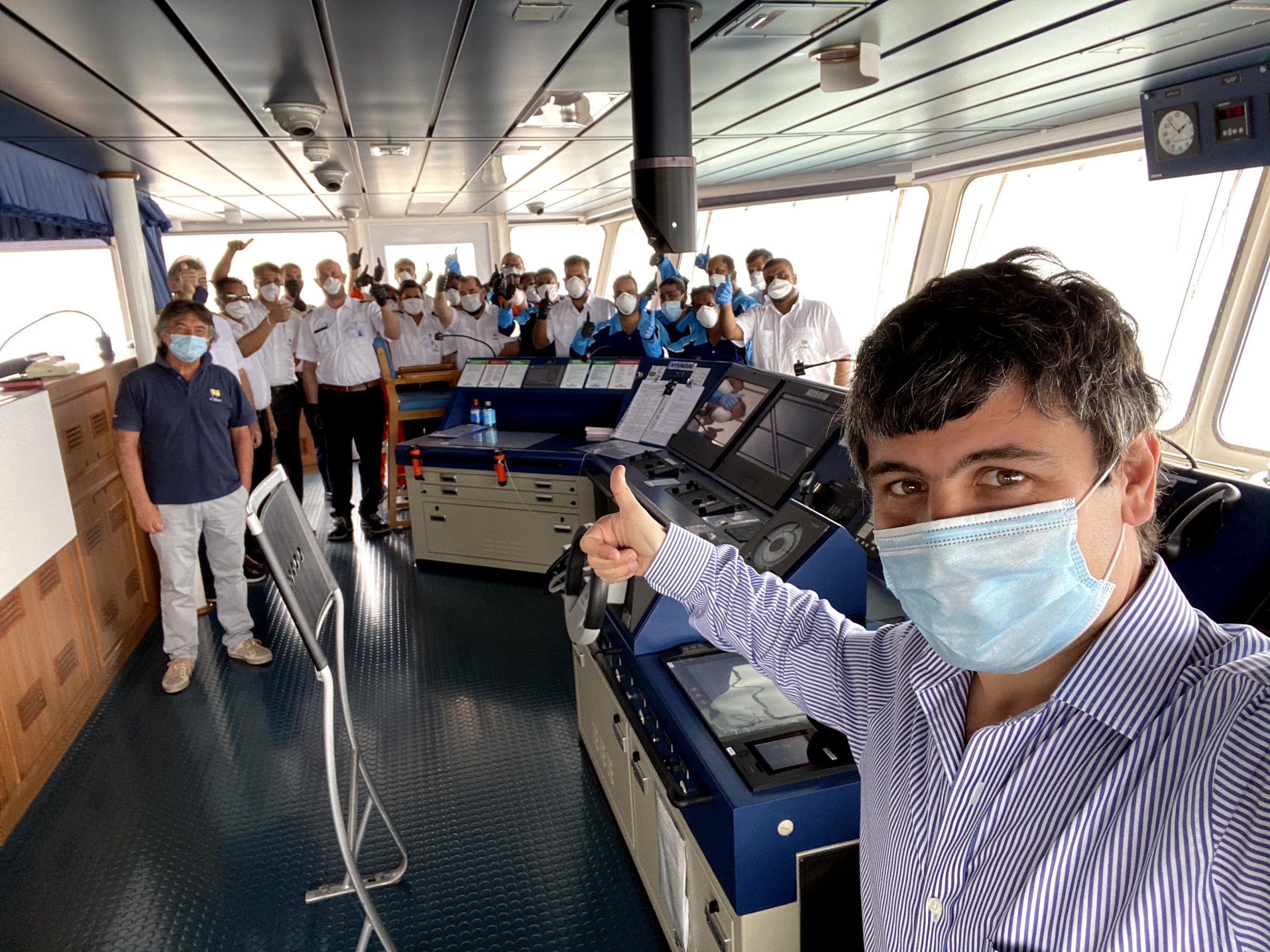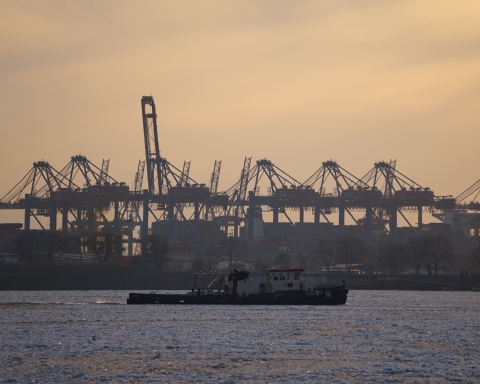The Covid pandemic is kidnapping more than 200,000 seafarers on board their own ships, which many have not left for over a year now: a silent and forgotten drama that the world seems in no hurry to solve.
“An absurd injustice is being perpetrated that affects not only those who find themselves out at sea, far from home and their loved ones, but also those who, while on land, cannot embark and ensure the livelihood of their families with their work” reports Salvatore d’Amico, fleet manager of the shipping company of the same name which operates in the dry bulk and refined products sectors.
“During this period, we have spared no effort or resources to ensure that even in the midst of lockdown, those who had an emergency were allowed to return home,” he explains with justified pride. “Over the last month we have been able to guarantee the changeover of 30% of the workforce with an expired contract on board our vessels.”
Sadly, not everyone adopted the same course of action: “At a recent webinar I heard a trade union representative from the International Workers’ Federation (ITF) who suggested that a number of shipowners have skillfully exploited the pandemic crisis to deliberately forget their seafarers and thus save money on crew changes. If this were so, it would be a cowardly and petty criminal act.”
National governments also have their share of responsibility: “The majority of the maritime population employed on all the world’s ships comes from India or the Philippines, two countries that still keep their borders tightly sealed, making it extremely difficult to repatriate their citizens.
Although European countries have been more open-minded, the complex bureaucratic machine has not been working at its best: “In the pre-crisis period, embassies issued around a hundred visas a day, now it’s a lot if they can issue five visas in a day. With the inevitable result that many seafarers cannot embark because we cannot obtain a visa that allows them to transit from the airport to their ship.”
The situation is really very difficult and somewhat paradoxical: “On the one hand, we have seafarers trapped on board their ships, on the other hand we have colleagues who find themselves trapped ashore and forcibly unemployed. A drama involving entire families. “Just think of the Indian seafarers: there are 200,000 of them in the world, each of them feeding about ten families. According to my estimates there are already 120,000 families in difficulty in India alone.”
The main consequence of abandoning these seafarers to their fate would also be to discourage the arrival of new recruits: “The perceived risks are too high. If we continue like this, we run the risk of not having any more seafarers to board”. In short, the time has come for d’Amico to act: “Now that the conditions for safe travel allow it, those who have an expired contract must be able to return home and someone else ashore has to be able to replace them immediately. Governments must recognize the seafarer’s status as a key worker, thus allowing him to travel more easily.”
The ships are sailing with an unprecedented amount of human suffering and Mr. d’Amico fears that this tension may soon explode: “If we do not take care, if we do not do something immediately for our workers we will pay the consequences, both in social and humanitarian terms.”
Translation by Giles Foster




